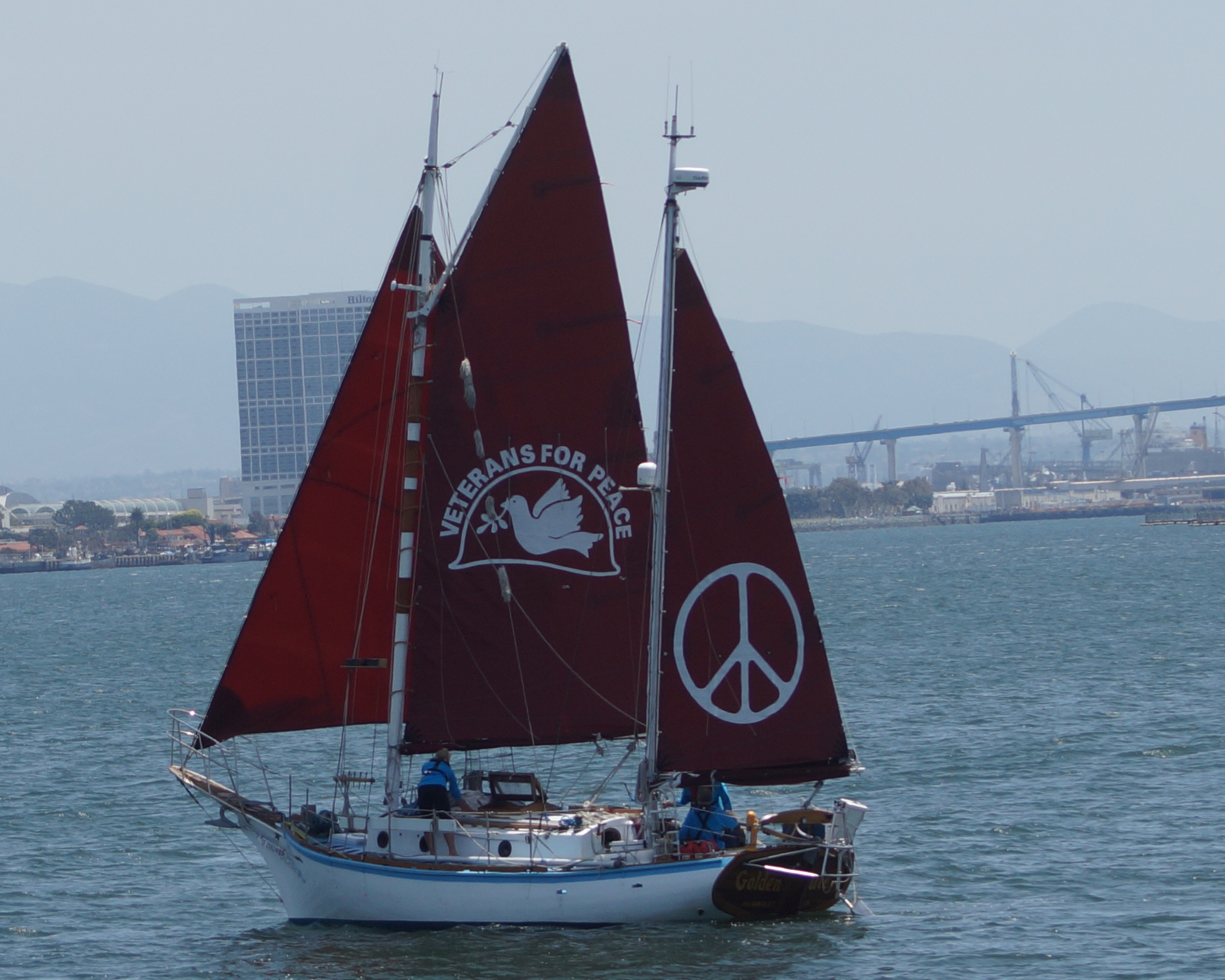11 Mar American Public Still at Risk from U.S. Fukushima-style Nuclear Disaster Five Years after Japan’s Triple Meltdowns
For immediate release
Contact: Paul Gunter,301.523.0201
Cindy Folkers,240.354.4314
Kevin Kamps,240.462.3216
American Public Still at Risk from U.S. Fukushima-style Nuclear Disaster Five Years after Japan’s Triple Meltdowns
TAKOMA PARK, MD, March 10, 2016 — Beyond Nuclear, a leading U.S. anti-nuclear watchdog group on reactor oversight, health impacts and radioactive waste, decried the absence of reasonable plans to prevent and protect against a nuclear disaster in the U.S., five years after the March 11, 2011 triple meltdowns began at the Fukushima-Daiichi nuclear power plant in Japan.
More than 32 million Japanese have been exposed to Fukushima’s radioactive fallout. Close to 160,000 people were forced to evacuate, many of whom are being urged to return—under threat of loss of compensation – into areas the government claims tohave “cleaned up”. Costs have ballooned to at least $100 billion and will soar higher once economic losses, compensation and decommissioning costs are factored in.
In the U.S., 30GE Mark I and Mark II boiling water reactors identical in design to those at Fukushima, are still in operation. While the GE model is considered the most vulnerable to catastrophic failure, every operating U.S. reactor poses a risk.
Beyond Nuclear launched its Freeze our Fukushimas campaign shortly after the Japan disaster to get the GE reactors shut down. “Not only is there no Plan B for what to do if and when a Fukushima-style disaster happens in the U.S., there is no Plan A to prevent one either,” said Cindy Folkers,
Radiation and Health Specialist at Beyond Nuclear. Public health is woefully under-protected she said. “For example, the distribution of potassium-iodide, or KI, which at least protects the thyroid from fast-arriving iodine-131 released during a major nuclear disaster, is not mandatory in the U.S.,” Folkers said.
Although available free with an industry voucher from designated U.S. pharmacies, only 5% of impacted Americans voluntarily pick up KI. To effectively block radioactive iodine absorption in the thyroid, KI must be readily at hand. “That is why Beyond Nuclear is urging compliance with the
American Thyroid Association’s recommendation for the direct delivery of KI to the door of all residents within 50-miles of every nuclear power plant,” Folkers said.
The GE Mark I and II reactors have an inadequately small reactor containment that, during a serious accident, can only be saved by venting extreme pressure, heat, explosive gas and highly radioactive releases into the environment. But the industry has refused to mitigate this problem, blocking efforts by the U.S. Nuclear Regulatory Commission (NRC) to mandate the installation of highly efficient radiation filters that could reduce public exposure to radiation during a nuclear power plant disaster. The NRC subsequently capitulated to the industry’s financial motives, and will not now mandate the retrofit.
“All of Fukushima’s lessons warn against a nuclear industry that protects its profit margins over public safety margins,” said Paul Gunter, Director of Reactor Oversight at Beyond Nuclear. “The Japanese concluded that Fukushima was a preventable tragedy resulting from collusion between industry, government and regulator,” Gunter added. “But here in the U.S. the NRC has chosen to cave to industry financial concerns while gambling with
public health.”
While Fukushima was precipitated by an earthquake and tsunami, there are multiple factors that could lead to a similar calamity in the U.S. “The U.S. risks an American Fukushima, not just due to a variety of natural disasters, age-degraded equipment breakdowns, or operator errors, but also due to sabotage or attack,” said Kevin Kamps, Beyond Nuclear’s Radioactive Waste Watchdog. “Numerous security vulnerabilities remain fifteen years after 9/11, including high-level radioactive waste storage pools, which could release catastrophic amounts of hazardous radioactivity in the event of a successful airborne or waterborne attack,” Kamps added.
###
Beyond Nuclear aims to educate and activate the public about the connectionsbetween nuclear power and nuclear weapons and the need to abandon both to safeguard our future. Beyond Nuclear advocates for an energy future that is sustainable, benign and democratic. The Beyond Nuclear team works with diverse partners and allies to provide the public, government officials, and the media with the critical information necessary to move humanity toward a world beyond nuclear.
Beyond Nuclear: 6930 Carroll Avenue, Suite 400, Takoma Park, MD 20912.
Info@beyondnuclear.org
www.beyondnuclear.org




Sorry, the comment form is closed at this time.